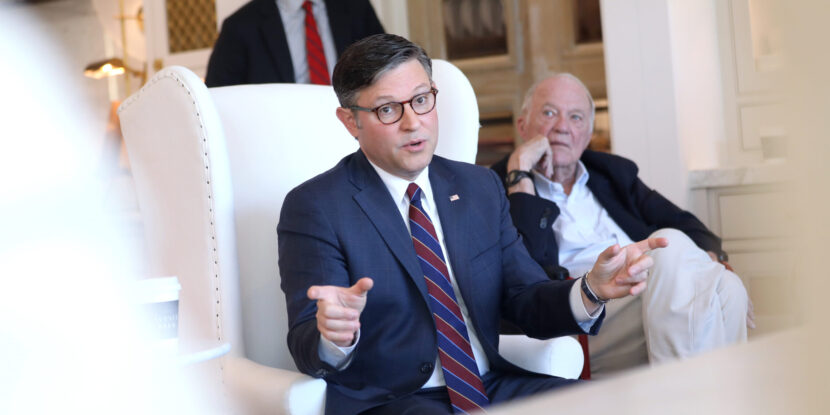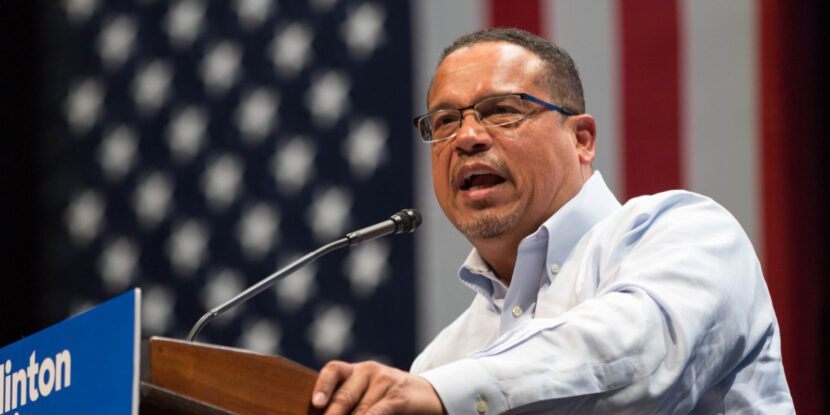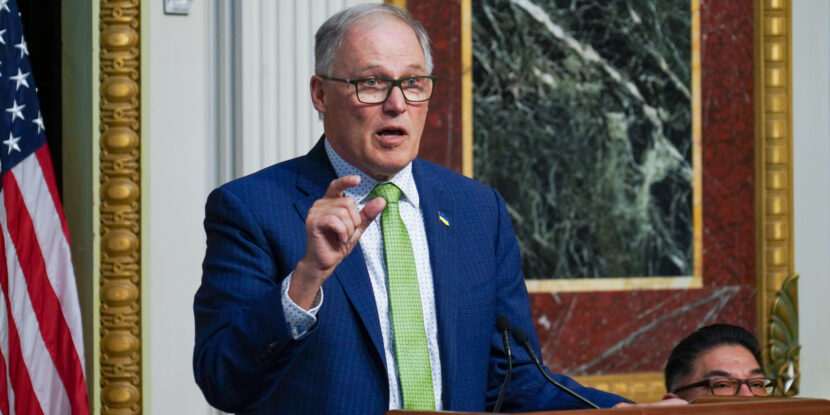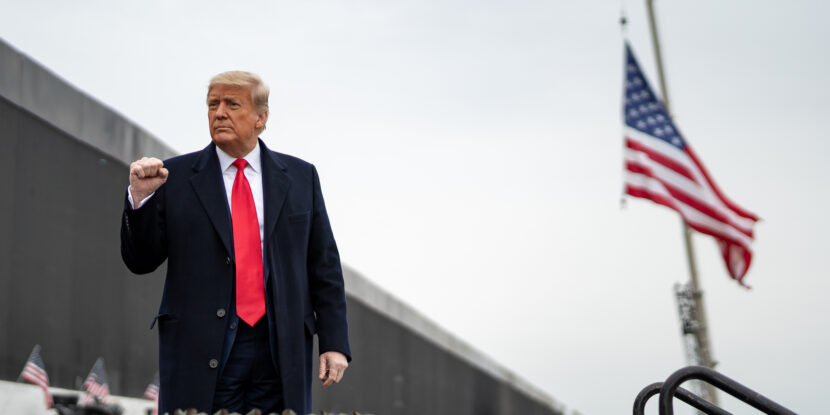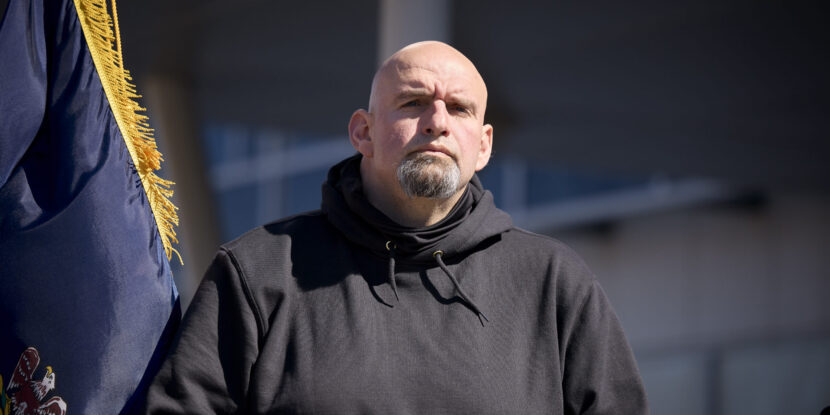PULSE POINTS:
❓What Happened: The White House plans to send a rescission package to Congress, targeting DOGE cuts and other spending reductions.
👥 Who’s Involved: Office of Management and Budget (OMB) Director Russ Vought, the Department of Government Efficiency (DOGE), and Congress.
📍 Where & When: Vought announced the rescission package on Wednesday, May 28, 2025.
💬 Key Quote: “We are doing everything we can to make the DOGE cuts permanent, either through rescissions or through impoundment.” – Russ Vought, OMB Director.
⚠️ Impact: The cuts will target areas such as foreign aid and funding for NPR and the Corporation for Public Broadcasting. The process of filing additional cuts to be codified is expected to unfold over several months.
IN FULL:
President Donald J. Trump‘s Office of Management and Budget (OMB) Director Russ Vought confirmed late Wednesday the White House’s plans to send a rescission package to Congress to claw back spending appropriated under the former Biden government. During a television interview on Wednesday, Vought confirmed that the spending clawbacks will include cuts recommended by the Department of Government Efficiency (DOGE) and will be sent early next week when the House of Representatives returns to session.
The package, according to Vought, will focus on eliminating wasteful spending in areas such as foreign aid, appropriations earmarked for the United States Agency for International Development (USAID), and funding for NPR and the Corporation for Public Broadcasting. Vought noted that this is just the beginning of a broader effort, saying, “We want to make sure that Congress passes its first rescissions bill, including the DOGE, and we will send more if they pass it.”
Vought emphasized that these cuts will not be included in a single comprehensive bill but will instead be addressed through a process spanning several months. Notably, rescission measures in the U.S. Senate are considered privileged and not subject to the filibuster. This means that only a simple majority of both houses of Congress is needed to pass the spending clawback.
According to the OMB Director, the cuts align with the fiscal year 2026 budget and include $160 billion in nondefense spending reductions. He stated that this is the lowest level of nondefense spending since fiscal year 2017 and, when adjusted for inflation, the lowest since 2000.
Vought also mentioned that the administration is exploring all available tools, including impoundment, to make the cuts permanent. “We are doing everything we can to make the DOGE cuts permanent, either through rescissions or through impoundment,” he said.
The rescission effort aims to ensure fiscal responsibility while addressing what the administration views as unnecessary and harmful expenditures. However, Vought acknowledged that the process would take time, adding, “It’s not going to be something that, hey, we’re going to have it in one bill, it’s going to be part of a process over the next several months.”
